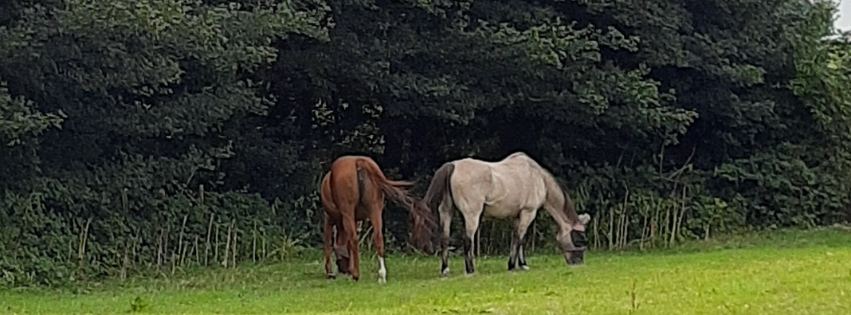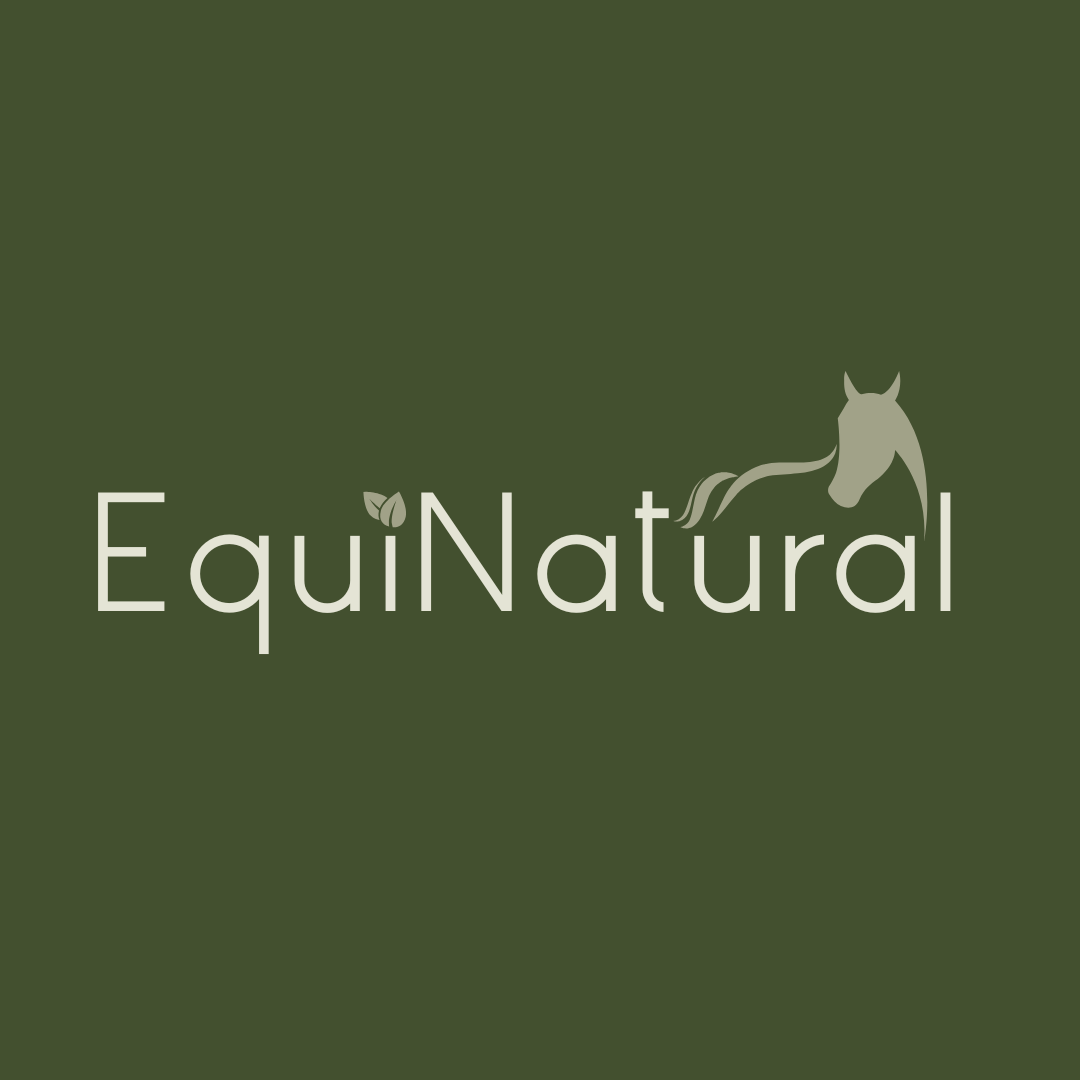All calories are created equal. Not.
Today I’m so unbelieveably sad - not for me but for a horse.
I’ve been nurturing a nearly-client back and forth since early winter last year who’s been struggling for months with his overweight hunter who spent most of summer 2020 on box rest due to repeated bouts of laminitis, which has understandably affected his horse's sanity. The owner had followed his vet's every instruction, nothing had worked, and his horse got sicker. Finally his vet told him to starve his horse to drop the weight. Gah ... Noooooooo!
No surprise, this horse's dried forage was haylage, and the feedbowl was a huge blow-out mishmash of well-known C.R.A.P. brands (Carbs, Refined, Artificial, Processed), mainly fed because a friend of his is well-known on the competition circuit and sponsored by this particular ‘brands’, so naturally he went for it. Of course I gave him my recommendations and pointed him to the relevant pages on the website.
Sadly he refused point blank to change the feedbowl contents, and after much to-ing and fro-ing, today I tried to gently suggest that unless he was prepared to put the work in and change his horse’s diet and lifestyle, nothing was going to work. In his reply to me, while politely thanking me for my time, he was still convinced that his horse was struggling with a breed-associated weight issue, and it was all about the calories.
This is why I’m so sad. The idea that all calories are created equal has been one of the most persistent and damaging food lies in history. What makes us thin, fat, or somewhere in between does indeed have something to do with how much we eat and exercise, as in the Quantity, but the generalisation stops there, because it's actually all about the Quality.
For sure, when calories are burned in a laboratory, they are all created equal and release the same amount of energy. There is no difference between 1000 calories from broccoli or 1000 calories from a can of fizz - until they are metabolised.
The calories we consume have different amounts of fibre, carbohydrates, protein, fat, and micronutrients – those minerals and vitamins - all of which translate into different complex metabolic signals that control health and weight, metabolism and overall health.
Urggh … as Mark Twain said, “The problem with common sense is that it’s not that common.” Show a class of teens a photo of 1000 calories of broccoli and 1000 calories of fizzy drink, ask them if they’d have the same effect on our bodies, and we know their unanimous response will be a big fat “NO!” We all intuitively know that equal calorie amounts of fizz and broccoli won't be the same nutritionally. That well-worn concept to burn more calories than you consume and you’ll lose weight – it’s simply wrong.
The law of conservation of energy states that the energy of an isolated system is constant. In other words, in a laboratory, or ‘isolated system’, 1000 calories of broccoli and 1000 calories of fizz will indeed release the same amount of energy.
However, when food is consumed in a living, breathing, digesting mammalian system, the law of thermodynamics doesn’t apply – the ‘isolated system’ part of the equation goes out the window. The food interacts with the body’s biology, a complex adaptive system that instantly transforms with every bite.
That can of fizz? The gut will quickly absorb the fibre-free sugars such as fructose and glucose that will then spike the blood sugar, starting a domino effect of high insulin and a cascade of hormonal responses that kicks bad biochemistry into gear. The high insulin increases belly fat, increases inflammation, raises triglycerides while lowering HDL (the good cholesterol), raises blood pressure, lowers testosterone in men, and contributes to infertility in women.
Broccoli? No spikes of blood sugar or insulin, no fatty liver, no hormonal chaos. Just plenty of benefits that optimise metabolism, lower cholesterol, reduce inflammation, and boost detoxification. The phytonutrients in broccoli boost the liver’s ability to detoxify environmental chemicals, and the flavonoids are powerful anti-inflammatories. There's also high levels of vit.C and folate which protect against cancer and heart disease.
I know the broccoli/fizz example is obvious, but the message is that calories can heal, some boost metabolism, others are addictive and just plain unhealthy. It's not just about the calories – it's about the information that every mouthful sends out - coded instructions to the body that either create health, or dis-ease.
The saying, “Listen to your body,” could not be more applicable - the body shows us what works and what doesn’t by how we fueld it and how that fuel makes it feel. Whether human or horse.










